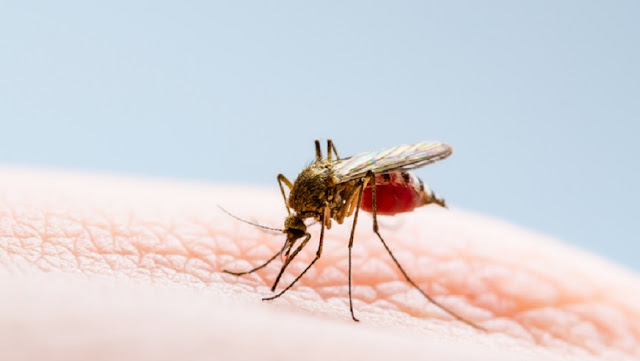New zika vaccine shows promise in animal models
In preclinical mouse models, scientists at the University of California, Los Angeles (UCLA) have created a Zika vaccine technique that is both highly efficient and secure. The vaccine shielded both the expectant moms and the growing fetuses from contracting a systemic infection in a pregnant mouse model. The study has been published in the American Society for Microbiology journal Microbiology Spectrum.
The section of the Zika genome that codes for the viral shell has to be deleted in order to engineer the vaccine, according to Vaithilingaraja Arumugaswami, D.V.M., Ph.D., Associate Professor of Molecular and Medical Pharmacology at UCLA. "This alteration inhibits the virus' ability to replicate and move from cell to cell while also inducing an immunogenic response."
Comparatively to unvaccinated mice, vaccinated mice displayed higher levels of cell-mediated immune response, as seen by increased effector T cell populations. The vaccine was examined by the researchers in numerous more mouse models, where it was found to be secure and protecting.
The 2016 Zika virus outbreak, which expanded quickly in the Americas, infected millions of people, and caused great socioeconomic troubles, served as the catalyst for the effort. The first mosquito-borne virus to exhibit the capacity to interfere with human reproduction was Zika.
The Zika virus has no licensed vaccinations or any treatments as of now. Additionally, research into alternative virus-fighting strategies hasn't produced any obviously efficient defenses. There will probably be additional outbreaks in the near future, according to Arumugaswami. "But considering that RNA viruses — the group to which both Zika and the SARS family of viruses belong — are particularly prone to developing and mutating rapidly, there will certainly be further outbreaks," he added.
The interval between episodes of widespread Zika viral propagation is typically 7 years. The study's co-senior author and associate professor of medicine at UCLA, Kouki Morizono, M.D., Ph.D., predicted that the virus would soon begin to spread once more.
To make matters worse, climate change is increasing the population that is at danger by expanding the areas that insects like Aedes aegypti, which transmits the Zika virus to humans, are allowed to live.
According to Arumugaswami, "the continuing COVID-19 pandemic has demonstrated to us the value of a robust pandemic preparedness plan and clear communication about prevention strategies, all of which culminated in the rapid deployment of safe and dependable vaccines." Therefore, creating a solid pandemic preparedness plan is crucial. According to Arumugaswami, "Our discovery is an essential first step in creating an efficient vaccine program that could stop the transmission of the Zika virus and prevent large-scale spread from happening."
American Society for Microbiology




Comments
Post a Comment